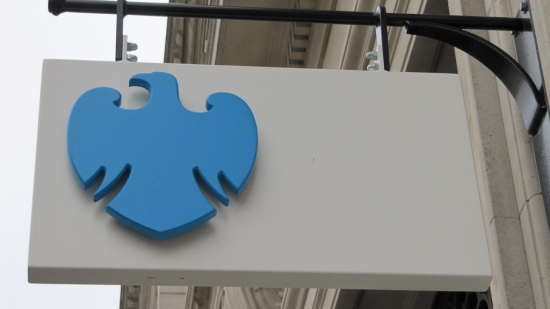A large number of the UK’s high street banks have in the past year decided to cut branch numbers, believing that this will allow them to run more efficiently and avoid another financial crisis of the type which triggered the recession. However, many customers in rural areas do not agree with this practice, claiming that it fails to take into consideration those who choose not to bank online or via telephone and thus cuts an essential service from their lives.

Unfortunately, despite these protests, it seems like this trend is set to continue into 2014 with the news that Barclays will close a quarter of its UK branches. Not only will this see the loss of 400 regional branches throughout the UK, it will lead to hundreds of workers being made redundant.
Under the new restructuring programme currently underway at Barclays, around 400 branches are expected to be replaced with smaller branches located in Asda stores as a continuation of the partnership between the bank and the Walmart-owned brand. Customers will also be encouraged to use new technological advancements such as smartphone applications in order to liaise with the bank and keep on top of their personal finances.
Chief executive Antony Jenkins, who took over from Bob Diamond following the infamous Libor scandal, is expected to reveal a number of cost cutting measures next month as he attempts to combat falling trade revenues and tougher regulations within the financial sector. It is believed that he intends to lower annual expenses by around £1.7 billion by the end of next year, with steps such as limiting foreign travel and cutting senior management roles playing an instrumental role in this.
Barclays is by no means the only high street banking chain using cutbacks as a means of raising business capital, with both the Co-Operative Bank and Lloyds Banking Group announcing a spate of closures and redundancies over the past week or so. However, as Barclays has already cut staffing numbers by 3,700 in the past year, this latest news is hardly expected to be received well by either current employees or existing customers.
The recent flurry of closures in the banking sector could also have a negative effect upon small business lending – something which has faced a great deal of press attention thanks to the Government’s criticism of high street banking chains. Thanks to a certain reluctance to lend in the aftermath of the financial crisis, numerous studies have shown that a high number of SMEs no longer trust traditional high street banks when it comes to borrowing growth capital and instead prefer to turn to building societies or other non-traditional lenders when the need arises.
The closures will lead to a raft of commercial properties in prominent locations hitting the market but, given the sluggish high street recovery, there is every chance that tenants will not be found immediately.
Do you think that the wave of branch closures will further damage the fragile relationship between financial institutions and their customers?
Previous Post
Cameron hints at Business Rate Shake-Up